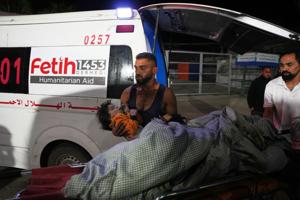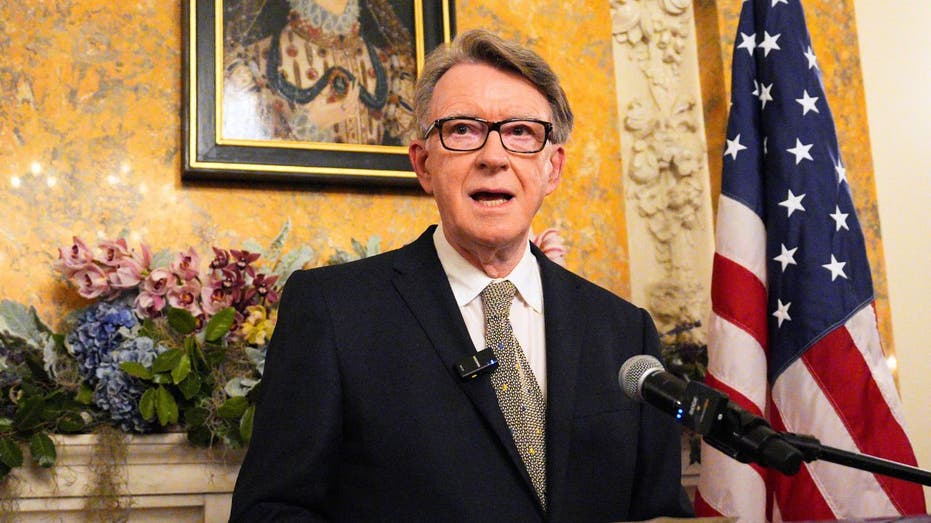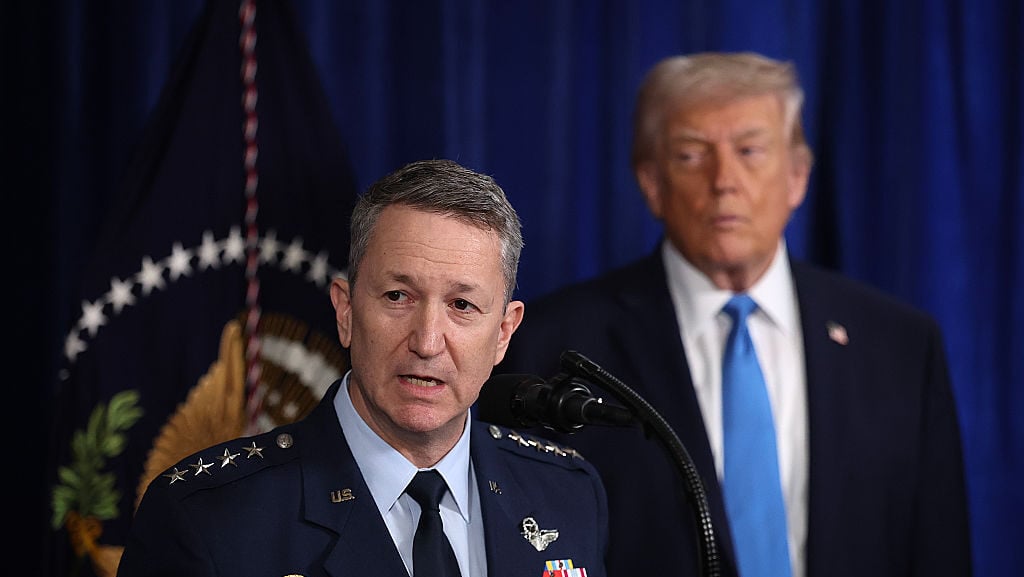The Israeli military announced that a ceasefire has been reinstated following a series of overnight airstrikes in Gaza that resulted in a rising death toll, which now stands at **81**, according to local hospital officials. This latest surge in violence marks a significant escalation in hostilities, raising urgent concerns about the fragile peace that had been in effect since October 10, 2023.
Hospital officials reported the grim statistics early on Wednesday, revealing that among the deceased are many women and children. Dr. Mohammed Abu Selmia, director of Shifa Hospital, confirmed that they received **21 additional bodies**, including **seven women and six children**. The situation remains perilous, as many of the **45 wounded** victims admitted to the hospital are in critical condition, with **20 of them being children**.
Details of the Strikes and Escalating Tensions
The Israeli military indicated that they would uphold the ceasefire agreement while firmly responding to any violations. This announcement follows a heavy barrage of airstrikes targeting various locations across Gaza, which came after accusations from Israeli Prime Minister **Benjamin Netanyahu** that Hamas had breached the ceasefire by attacking Israeli forces.
On Tuesday, Netanyahu ordered military operations that he described as “powerful strikes.” His directive coincided with claims that Hamas had fired upon Israeli troops in southern Gaza. The Israeli government accused Hamas of violating the ceasefire by failing to return hostages and instead delivering body parts of a deceased individual, which they characterized as a “clear violation” of the agreement.
In a response to the ongoing conflict, **U.S. President Donald Trump**, currently on a diplomatic trip in Asia, defended Israel’s military actions. He stated that the strikes were justified following an incident in which an Israeli soldier was reportedly killed during an exchange of gunfire in Rafah, the southernmost city in Gaza. Trump emphasized that Hamas must alter its behavior, asserting, “If not, they will be terminated.”
The Israeli soldier killed in the incident was identified as **Master Sgt. Yona Efraim Feldbaum**, aged 37. An anonymous military official explained that the soldier’s vehicle was targeted by “enemy fire” while Israeli forces worked to dismantle Hamas infrastructure.
Impact on Civilians and Hospitals in Gaza
As airstrikes continued, hospitals in Gaza faced overwhelming pressure to accommodate the influx of casualties. The **Aqsa Hospital** reported receiving **at least 10 bodies**, including **three women and six children**, following two strikes in Deir al-Balah. Meanwhile, the **Nasser Hospital** in Khan Younis reported **20 bodies**, of which **13 were children** and **two were women**. The **Al-Awda Hospital** also noted the arrival of **30 bodies**, including **14 children**.
The streets of Gaza witnessed heart-wrenching scenes as ambulances and trucks delivered bodies to hospitals. Eyewitness accounts described the chaos, with one woman lamenting the destruction, stating, “They struck right next to us, and we saw all the rubble on top of us and our young ones.” In the early hours, displaced residents discovered the body of a small child among the ruins, prompting one survivor, **Amna Qrinawi**, to question the validity of the ceasefire.
As the situation continues to evolve, the international community remains vigilant, urging both sides to adhere to the ceasefire in order to prevent further loss of life. The ongoing conflict has drawn widespread condemnation and calls for a renewed commitment to peace in the region.
As of now, the ceasefire remains tenuous, with both sides accusing each other of violations and no clear resolution in sight. The humanitarian impact is profound, with hospitals struggling to cope with the overwhelming number of casualties resulting from the recent escalation.







